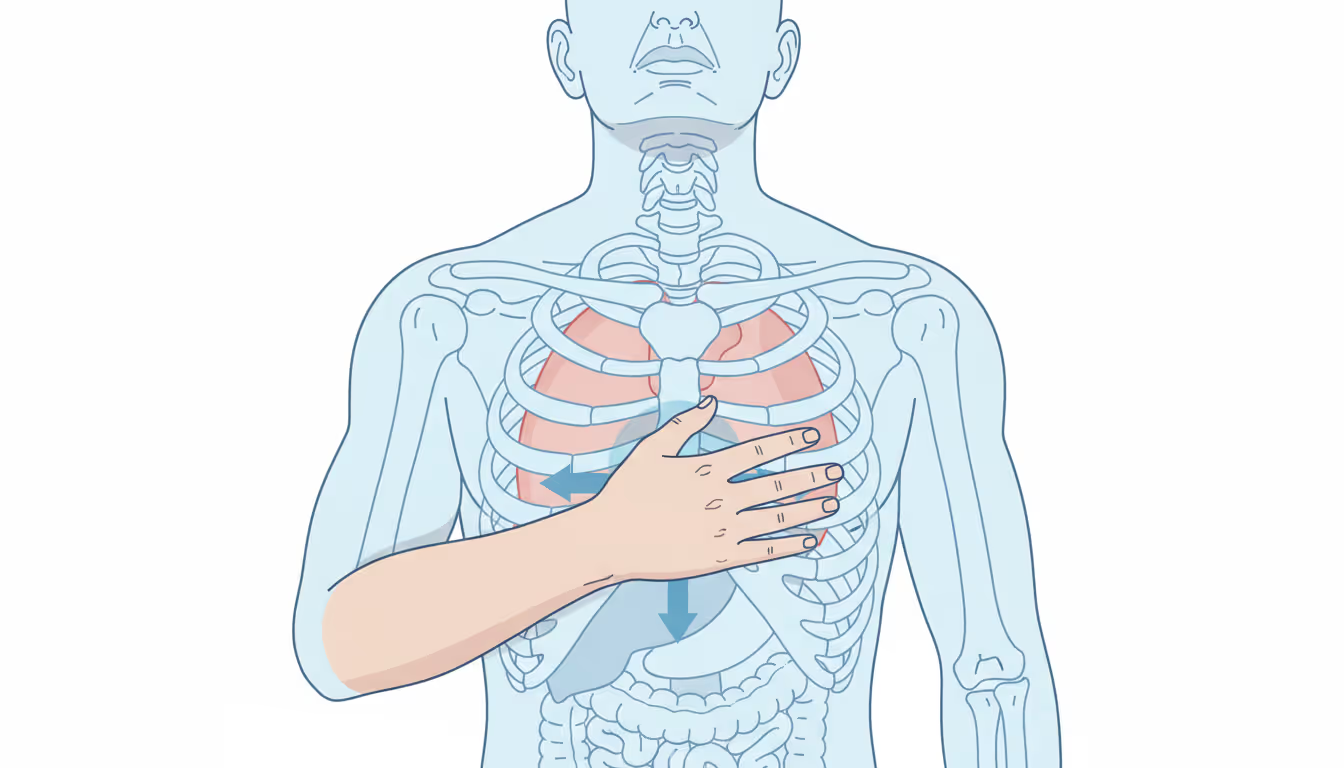
Crohn's disease is a long-term inflammatory condition that mainly affects the small and large intestines, but it can also impact other areas of the body. The disease was first identified by American gastroenterologist Burrill Crohn in 1932. Typically diagnosed in individuals during their teenage years or twenties, Crohn's disease can, however, emerge at any age. It may manifest as a persistent condition or present minimal symptoms, sometimes even without medical intervention.In its milder forms, Crohn's disease results in small, scattered, shallow erosions known as aphthous ulcers on the bowel's inner lining. In more severe instances, larger and deeper ulcers can form, leading to scarring, stiffness, and potential narrowing of the bowel, which may cause obstruction. These deep ulcers can puncture the bowel wall, resulting in infections such as peritonitis and affecting nearby organs.Crohn's disease varies in presentation. When it affects only the large intestine, it is called Crohn colitis, while Crohn enteritis refers to its presence in the small intestine alone. The most commonly affected section of the small intestine is the terminal ileum, with active disease in this region termed Crohn ileitis. When both the small and large intestines are involved, the condition is known as Crohn enterocolitis or ileocolitis, among other descriptive terms.Common symptoms include abdominal pain, diarrhea, vomiting, fever, and weight loss. The disease may also be linked to tender red nodules on the skin, as well as inflammation of the joints, spine, eyes, and liver. Diagnosis is often achieved through imaging techniques or endoscopic examinations. Treatment typically involves anti-inflammatory drugs, immune suppressants, or antibiotics, and surgery may be necessary for severe cases.Genetic factors play a role in the development of Crohn's disease, with one particular gene located on chromosome 14 in the 14q11-12 region.




